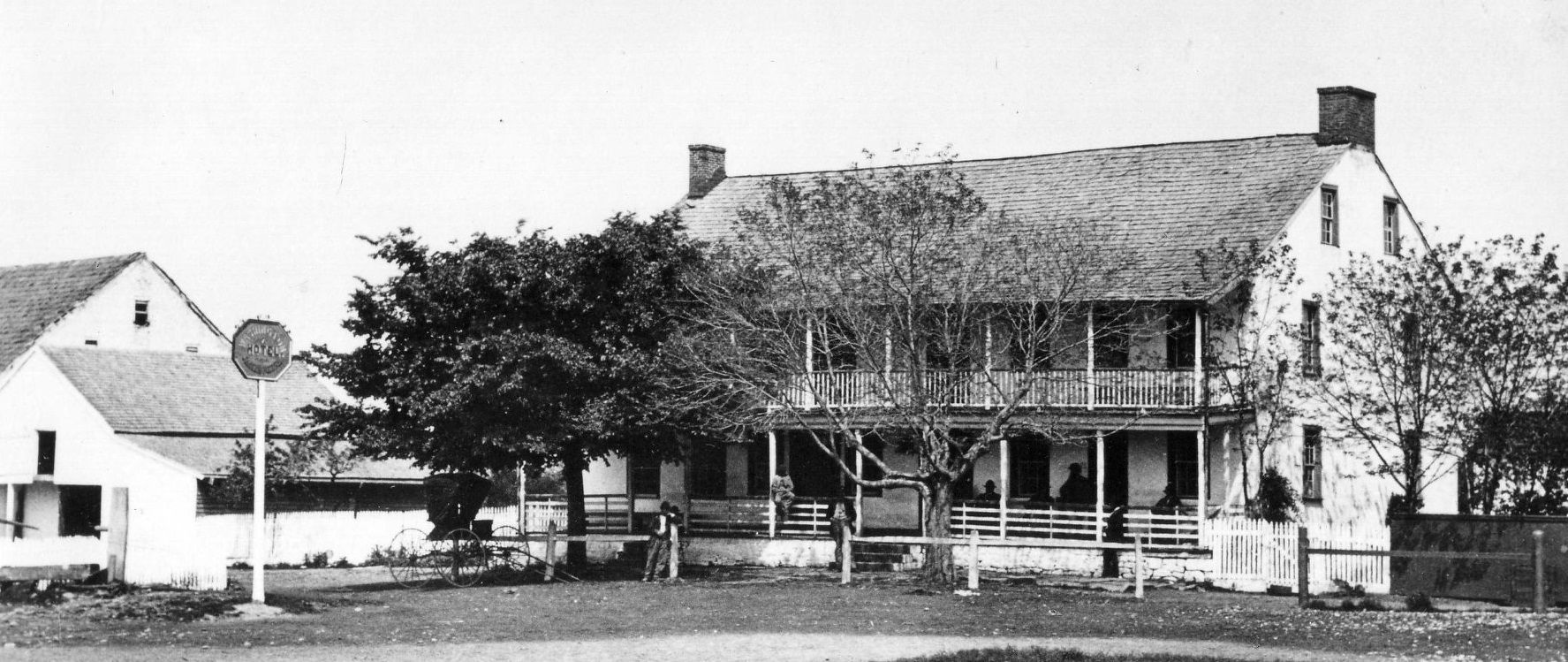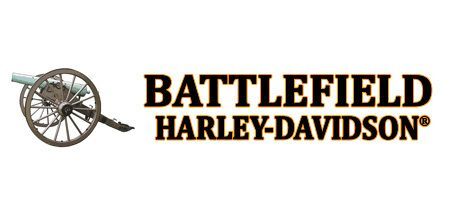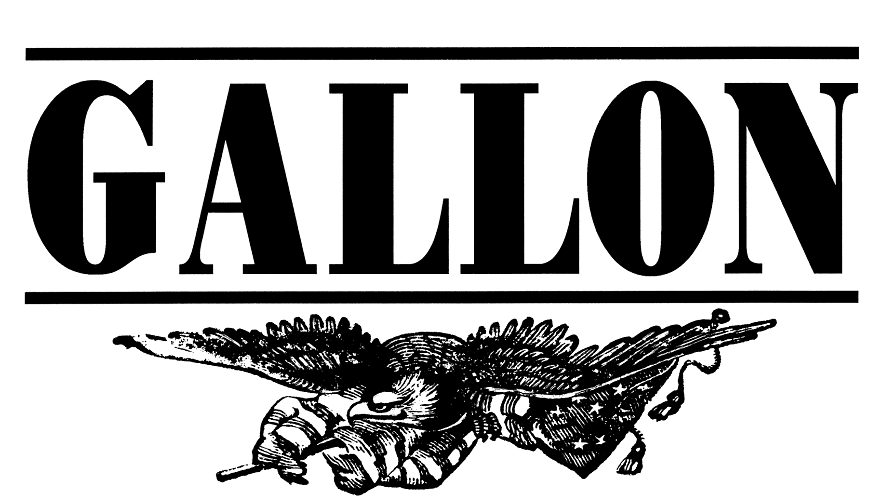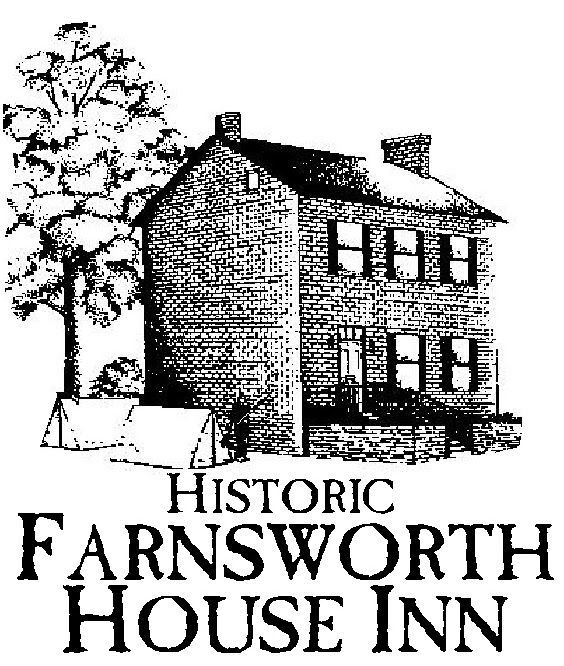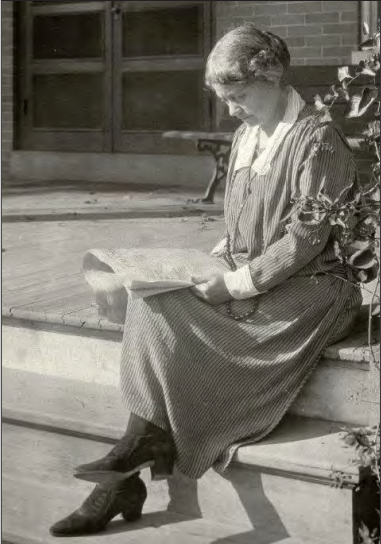
Early on an April morning Jacob Shambaugh tramped about the kitchen of his cabin on the north side of Graefenburg Hill. His restless and impatient motions were those of a beast in a cage too small, and his shock of gray and tawny hair, his long mustache and his heavy shoulders, which had begun to bend forward with the weight of sixty idle years, suggested a member of the cat tribe.
The cabin had one room besides the kitchen, a bedroom within, from which came now and then a cheerful yet plaintive voice. Philena Shambaugh was a cripple and her rising from bed was not to be achieved by half past five in the morning. When her husband made a rare trip to Gettysburg or Chambersburg she stayed in bed, out of his way until he had gone. She had fallen two years ago and had broken her leg, which had remained unset. The state nurse, hearing a rumor of the injury three weeks later, faced Shambaugh’s pointed gun with scorn; but she had not been able to persuade Philena to go to the hospital. Learning from the distant neighbors that Philena was often alone for days and that Shambaugh was cruel, she urged her to take refuge in the comfort of the county home; but to this advice also Philena was deaf. She was a stout, sweet-faced woman, in whose expression terror had begun to mingle with affection and the weariness of physical pain.
She asked three times, “Where are you going today?” But Shambaugh did not answer. When she heard him throw into the old-fashioned sink the tin plate from which he had been eating she repeated her question, and he came and he stood in the doorway; not because he wished to please her, but because he wished to talk. He spoke to her only to give some order or to gratify his own necessity for truculent speech. To terrify her he let her see him thrust an old revolver into his belt and a bottle into an inner pocket. There was something absurd and swaggering about him, and something deadly also. “I’m goin’ west today,“ he said in a loud tone; “to that sink of wickedness, Chambersburg. The last time I was there they asked me why didn’t I work. A little scrawny black woman asked me. They’ll suffer for their mockin’ of a decent man! They were burned to the ground once; they may be burned again.”
Though his boasting and threats were not to be taken seriously, Philena’s eyes darkened. Shambaugh came into the room so that he might have a wider swing for his arms.
“There they set, in luxury and ease and greed, denouncin’ me, denouncin’ all us mountain people. What have we left? Set a fire to burn off a little land for huckleberries – what do we get? Jail for years! Shoot our own game – what do we get? Jail again! They put deer in our woods; dare we shoot them? Only when they’re shootin’, too for a few weeks. Ain’t that so?”
Philena turned her head. Jacob shot deer whenever he pleased.
“Ain’t it so?” he shouted.
“Yes,” she answered; “I suppose so.”
“You suppose so! You can’t take a walk that a ranger isn’t watchin you from near or far, sneakin’ after you or lookin’ at you from a tower. There’s all the northwest mountain; nobody dare build a cabin there on account of pollutin’ the springs. There was no such talk when I was young. It’s a game to get our land from us, that’s what!”
“The water does get polluted.”
Philena knew she was wasting her breath; but soon he would be gone and there would be no one to speak to for hours.
“It’s a lie!” shouted Shambaugh. “There’s Jim King’s wife just died of fever. She drank the water from the watershed; but nobody else has fever.”
“It ought to have been told she had the fever,” said Philena anxiously. “They ought’n to ‘a buried her secret. If the nurse knowed . . .”
“I’ll nurse her and you, too, if she comes here! Don’t you dare tell the nurse!” warned Shambaugh. “They cut their roads through, they build their tall towers. Sometime I’ll get ‘em.”
Philena raised herself on her elbow. At this instant the first ray of the sun, crossing miles of green wheat and brown plowed earth and orchards in bloom but leaving them still in shadow, illuminated the bare tips of oak and hickory trees against the high sky outside her little square window. Close about the cabin there was a masking growth of evergreens; but Philena, looking upward from her bed, saw only the gilded tips of the bare trees.
“The eye of God’ll see you if you do wrong,” she said earnestly.
“The eye of God!,” mocked Jacob. “What is the eye of God? It ain’t afraid of no sun or no eye,” declared Jacob.
Returning to the kitchen, he thrust into his pocket a few pieces of bread which Philena baked with almost superhuman effort and almost intolerable pain. As he looked for his old hat, his eye fell resentfully upon Philena’s comfortable chair and the small phonograph which the state nurse had brought her. Opening the outer door, he stooped to lift a handmade basket filled with arbutus, pulled up ruthlessly, root and all, stripped of its foliage and tied into tight bunches, the roots serving as a binder. An acre must have been despoiled, and probably the plants destroyed forever, to fill the basket. Picking it up, he returned to the door and held it for Philena to see.
“Who can say I don’t work, sitting all day on the wet ground?”
Disapproval again darkened Philena’s eyes. The arbutus should not be torn up, there was less and less each spring on the mountain side. She wished that he would give her a little bunch, but she knew better than to ask. He had brought it home last evening, and he had not said a word or given her a whiff of the delicious odor.
“When are you coming back?”
“How do I know?,” he said roughly, and slammed the door.
Outside, he shivered and drew his poor coat closer round him. The sun was now gilding the trunks of the trees, but its rays had as yet no warmth. There was evidence of a little garden in the clearing; but no work had been done this spring, and the dry stalks of tall weeds indicated that last year’s cultivation had not been thorough. The forest flowers advanced like a miniature army. To Jacob, a mass of blue hepaticas at the foot of a gray trunk looked impertinent and he ground them under his heel. On every hand stretched the woods, untouched since his far-away Hessian ancestor, sick of war, had built a cabin soon after the Revolution. Almost every other section of South Mountain had been sometime burned over, but this spur had remained inviolate. The trees were magnificent, and though the buds had scarcely begun to swell, there was a mysterious thickening of the atmosphere in the long aisles.
With the assurance of one who follows a well-known path, Shambaugh set out toward the west, climbing to the top of the spur, dropping into a pocket like that in which he lived and then ascending the main hill. He did not go quite to the summit, where stood a tall steel tower in which at this season watchmen were continually on the lookout for fires, but encircled the hill in a queer zigzag fashion which would have puzzled a stranger, but which a woodsman would have recognized at once as taking clever advantage of each clump of evergreens.
In a few minutes he looked down upon a beautiful scene. Opposite rose Wildcat Hill and behind it the towering level wall of Yellow Ridge, its long summit horizontal against the western sky. Before and beneath lay a deep valley, through which, seen vaguely where there were only deciduous trees and hidden entirely among the evergreens, flowed Conococheague Creek. The upper slope of Yellow Ridge had been burned off, and Shambaugh remembered with good reason many of the devastating fires. In the valley oaks and hickories, white pines and hemlocks rose to a magnificent height, and above them all towered tulip poplars, already with a faint crown of green.
To the left the ridge was broken, and far down, on a level with the stream, Shambaugh saw the white road which he hated. It was a road of history. Travel upon it for fifteen miles in one direction and you came to Gettysburg, the climax of the nation’s internecine strife; travel ten in the other and you came to Chambersburg, burned to the ground in the same long conflict. It was this great conflagration which Shambaugh so often wished he might have seen. In imagination he did watch the flames leap from roof to roof.
Directly before him, and far beneath him in the narrow valley, he saw the. Glimmer of a small dam. It was here that the mocking Chambersburgians got their water supply and he wished that he might poison it. All his thoughts were evil; he saw those whom he hated burned, snake-bitten, racked with disease.
Muttering, he went down the hill. He was walking on the watershed, and he stamped angrily on the land over which he had roamed unhindered all through his youth, and where now forest rangers spied upon him. He determined to top and see Jim King, and he went out of his way, past the little dam, where he moistened his flowers and spat into the water, and climbed Wildcat Hill on the other side. Jim’s cabin was inclosed by a thick growth of pine and hemlock like his own. One could see out in only one direction, the southeast, up to the tip of Graefenburg Hill and the tall tower, almost invisible against the bright sky.
Jim sat in the doorway, his thin shoulders bent, his head on his hands. He said that he was not sick, but that he had had a bad night and a bad dream. He insisted that he had no fever and his pale face seemed to bear him out. Usually he seconded heartily the furious complaints which were Shambaugh’s chief conversational stock; but this morning he said little, and Shambaugh left disgusted. He was especially angry because Jim had become a convert to the crazy theory about fever. He said that he and his wife had visited his sister near Cold Spring and that they had drunk the water, not knowing that there was sickness in the settlement.
As Shambaugh turned away, the sun appearing suddenly behind the tower, shone down and across into the tiny clearing, illuminating Jim’s white face, shining a little way into the disorderly cabin, and recalling Philena’s foolish talk. To cure his vague uneasiness, Shambaugh shook his fist at the monstrous glaring eye. In an instant, so small was the opening among the trees, the eye was gone, as though, having mocked him, it had winked shut. His uneasiness quickened, and to cure it he cursed Philena.
Setting out directly to the west, he kept to the shelter of the woods as long as possible. Following the stream through the thick growth of virgin trees, he trod upon beds of forest flowers and brushed with his shoulders branches of Judas tree and dogwood. The wood maples had put out delicate olive leaves, the cut-leaf maple was covered with living green and here and there a red maple shook out crimson tassels. Avoiding Caledonia Park, the terminus of the trolley line, and skirting acres of close-set white pines, a part of the state preserve, he came out at last upon the concrete road which he hated. Sometimes he signaled the drivers of trucks and begged for a ride, but this morning he was in too sullen a mood. He did not feel tired, but his angry heart seemed to make his whole body palpitate.
On the eastern edge of Chambersburg, at new and spacious houses, he sold a few bunches of arbutus; but the transaction was always accompanied by a protest: “You oughtn’t to pick all the leaves off; that spoils the bunch.” Several women seemed about to refuse to take the bare clusters; but delicate odor conquered them, and, with their faces buried in the flowers, they did not see the glare or hear the mutter with which Shambaugh bade them adieu. Stepping under the arched bridge which carried the railroad through the town, he drank deep from his bottle, which was not, like his pistol, empty of its appropriate load.
“Live and let live’s the mountain law,” he said aloud.” But it ain’t the law of the valley.”
In the center of the town there survived a section of old houses, set in well-kept yards, all with an air of prosperity and long establishment. Shambaugh hated all the residents of this section, who had lordly, old-fashioned ways. Here they even corrected his names for his wares. It was sassafras, they said, and not sassafrac, and there was no such thing in the world as feiseltoe – feiseltoe, which he had known since he was born. It was not prince’s pine; it was feiseltoe, and that was what he would call it till the world ended. But he never had the last word at these houses. At the least assertion of himself, the door closed smartly or the head of a gardener was lifted or a chauffeur came suddenly, and as if accidentally, round the corner. Here his tone was whining instead of insolent, but he hated his patrons all the more.
This morning, fortified by his refreshment, he feared no one; he was prepared to meet the most haughty mistress in the finest house and to defend his pronunciation, or, if need be, his honor as a mountain man. He had his chance at once. Lumbering in a driveway, he saw standing at the edge of her porch, looking out over the hyacinths and narcissuses in her garden, the little dark woman who bade him work. She was clearly a lover of flowers; japonica and forsythia and hawthorn and spiraea were abloom on all sides. She wore a gingham dress and a sweater and seemed about to assist in the cultivation of the garden. She looked at Shambaugh with the eyes of efficiency and industry at inefficiency and laziness, but she spoke pleasantly: “Good morning. What are you bringing today?”
Uncovering his basket, Shambaugh held it out in rude silence. At the open window close by stood an older woman whom he did not see. “Can’t you say good morning?” asked the young woman a little sharply.

